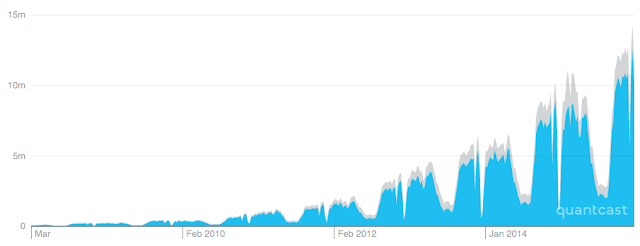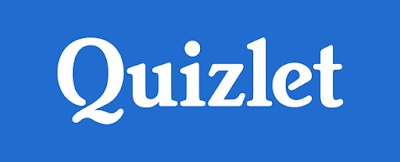Back in 2005, 15-year-old Andrew Sutherland created Quizlet to help study for his high school French class. He built a flashcard-like study tool that helped him learn the material in several different ways and started getting better grades on his tests and quizzes. His solution quickly grew and today has more than 100 million user-created study sets. Every day Quizlet helps more than one million students and teachers worldwide learn, from fourth graders studying history to adults learning a new language at night.
Stability and performance is a critical element of Quizlet’s infrastructure, which supports its website and the API for its mobile apps. Students and teachers create study sets on Quizlet and rely on it to store and serve their content. If Quizlet crashes, it’s like closing a textbook on a student mid-lesson, or the night before a test.
In January 2015 the company decided to switch to a new cloud provider and chose Google Cloud Platform. It had outgrown its legacy provider and knew it needed a platform that would scale as it continued to grow. Historically, Quizlet’s traffic increased at least 50 percent per year and with just six engineers, it had to choose its technology carefully. After testing the options the company picked Google Cloud because it believed we had fundamentally better core technology.
On August 1, 2015, after several months of preparation, Quizlet switched its infrastructure of 200 machines over to Google Compute Engine. The date was no accident — the company knew that it needed to be prepared for the back-to-school rush of traffic. It’s highly seasonal business means that from summer to fall its traffic increases by a factor of six. Compute Engine allowed Quizlet to smoothly scale as students returned to class.
 |
| Quizlet weekly unique visits since March 2008 in the U.S. (blue) and rest of world (grey). |
Moving to Cloud Platform meant it was easy to use other Google Cloud technology too. Quizlet uses Google BigQuery to analyze both its production and event data. Queries over its multi-terabyte production data set are snappy, even as it streams several hundred million events into it every day.
The company also used Google Cloud Storage to help serve audio files generated from its text-to-speech feature, which allows users to hear their content in 18 different languages. Google’s peering agreement with Cloudflare, Quizlet’s CDN provider, meant that Quizlet saved significantly on bandwidth for these and other files.
Back to school never felt so smooth!
To learn more about Quizlet’s move to Cloud Platform, read their whitepaper, "What's the Best Cloud? Probably GCP."
- Posted by Courtney Buchanan, Customer Marketing Manager, Google Cloud Platform
